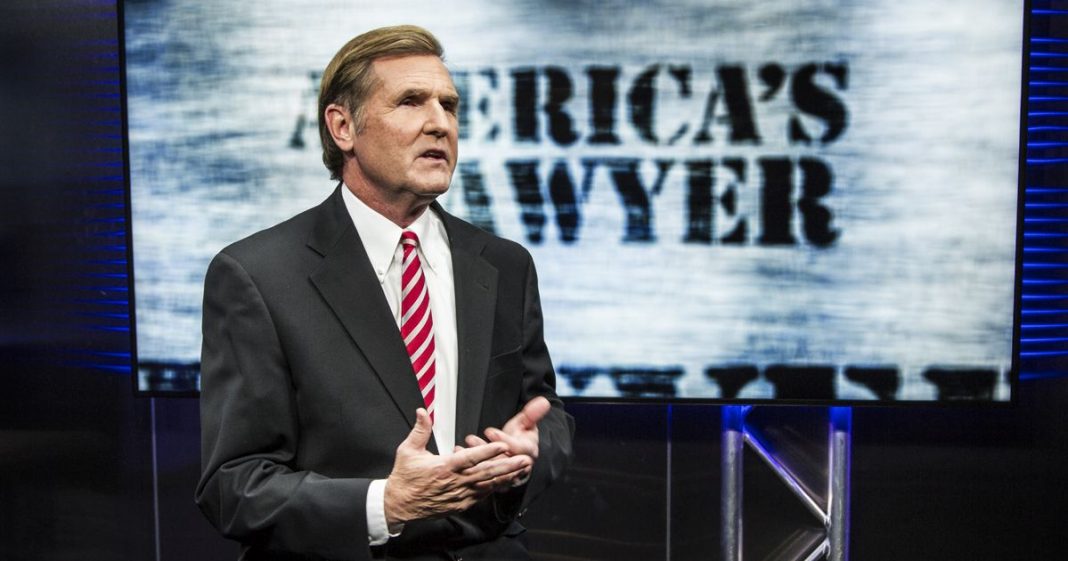Papantonio: Since the election all anyone can seem to talk about is fake news. The term has become so widely applied that one website called, the website was called Prop or Not, had labeled everything from leftist websites like TruthDig.com to Libertarian websites like the Ron Paul Institute is distributors of fake news and propaganda. This in turn allows actual fake news culprits to get off the hook. Here to talk about the legal issues surrounding this fake news phenomenon is Executive Editor of Trial Lawyer magazine, Farron Cousins. Farron, what’s your take on this whole development?
Cousins: I think it’s really interesting. I’ve worked for a couple different news outlets and I know that my editors would never allow anything to be printed or published or what have you, without credible sources. Usually two or three or four sources to back up everything you’re saying, and so the fake news epidemic that’s actually happening right now is very real, but I have to say there is a big difference between the fake news epidemic that Hillary Clinton spoke about a couple weeks ago where she wanted to make it all about her. We have real fake news sites out there, like breitbart.com that almost got people killed with this phony pizzagate story. There’s a big difference between Hillary Clinton’s crusade against fake news sites saying that she’s sick, or ill, or otherwise incapacitated during the election. That’s what she’s mad about. It’s trying to misdirect everything. We need to focus on the sites like breitbart that are actually out there putting people in harms way by making up phony stories about John Podesta being tied to some kind of pizza pedophile chain out there.
Papantonio: Let me ask you something, but first all the Podesta story. As much as I think the guy, he caused so much problems for the DNC. I’m anything but a fan of Podesta. The truth is, he could bring a pretty good lawsuit in that particular case. There’s something called negligence per se or slander per se is what this would be [inaudible 00:02:16]. Slander per se where he can sue without really even having to show actual damages. Damages in that particular case, the type of damages are already going to be there, but he was accused basically of being a pedophile, wasn’t he?
Cousins: He was, and you know, John Podesta, even though he is a public figure, there are some things you can’t just falsely attack somebody for. Being a pedophile or any kind of … Maybe he’s got an STD. You cannot say things like that, and that’s exactly what breitbart wanted to do was say that he was linked and somehow involved in some sort of pedophilia ring that involved pizza restaurants. Podesta has a phenomenal lawsuit that he could easily file, easily win it, and essentially bankrupt breitbart.com if he chooses to go forward. The same thing goes with this Comet Ping Pong restaurant in Washington DC where the shooting happened. They could sue breitbart because they said they were involved in a pedophilia ring, which turned out to be completely untrue.
Papantonio: Slander’s a tough … Let me sum this up. Slander’s a tough case. You’ve got a lot of things you have to show, but when you’re making accusations like the ones that have been made against Podesta here, being accused of that type of conduct. It’s easier to get to even if you’re a public figure. Even the New York Times case controls all of that, but if you’re a public figure, and you have been hit with that type of statement, you’ve got a pretty good slander case. Farron Cousins, thank you for joining us. This case is going to continue to develop.




![Senator Schumer: “Single Payer [Health Care] is On The Table”](https://sandbox.trofire.com/wp-content/uploads/2017/07/Universal-Healthcare-218x150.jpg)